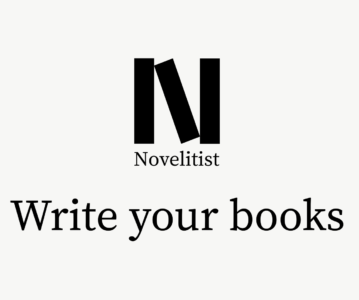 Writing to Market — Keyword Interest and Bestseller Lists
Writing to Market — Keyword Interest and Bestseller Lists
In Writing to Market — Where to Begin, I talked about how I use Publisher Rocket’s category search function to identify potential categories to write in. We’re going to leave that program for now, and go to Amazon to look at the bestseller lists. Because nothing can kill a category quicker for you than a bad-looking bestseller list. As an example, let’s say you liked horror as a top tier category. And why wouldn’t you? It’s got a 41% pub percentage for a steady 12.5k in sales. The top books move big numbers. But let’s take a look at the...






